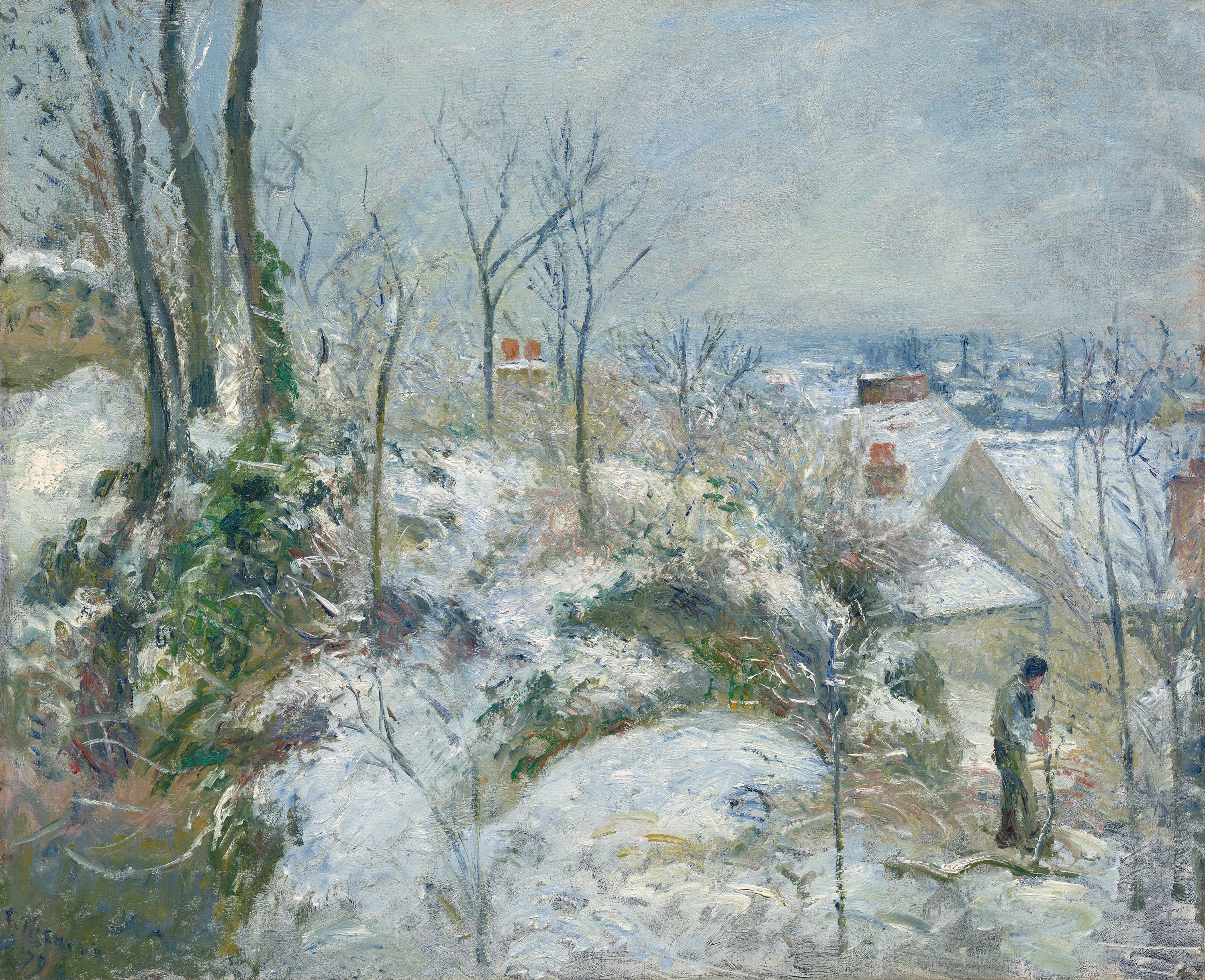RabbitHoling

Camille Pissarro: Rabbit Warren at Pontoise (1879)
" … yet still enormously proud."
Final editing seems like preparing a corpse for burial. The body's mass and shape serve as no concern; only appearance matters then. The time for constructive criticism passed long before. The plot's pattern resolved; the author wants only to remember this story as one he finished without regrets. It will always be just as he leaves it now, and the work, on exit, nudges its author into what appear to be warrens, twisting tunnels down surprising holes. The final effort before publishing might as well be labeled RabbitHoling.
The actual finishing work feels remarkably renewing. It's not just rehashing long-ago resolved issues. The finishing touches delve more deeply than expected. They reach into intentions and resolve earlier ambiguities into sharper focus. The work consumes the writer in different flavors, tastes he cannot quite remember relishing before. He savors them. Just when he thought he might not be able to face that material again, one final time, it refreshes him! He finds renewed purpose within what he'd imagined would likely be superficial dalliance. He's not just painting up a corpse but discovering fresh life and renewing purpose within it.
The writer's never certain in the moment of creation. Truth be told, he finds his primary expressing to be confusing. He primarily runs on intuition then. He focuses on pushing out the story first, figuring he can fix gross grammatical errors in the first edits. He successfully resolves many of them, at least to the satisfaction of the eye so recently influenced by the writing. The first finish leaves much unresolved. The writer's still too close to his concept to usefully observe his product. He cannot see with skepticism through the fog of creation. He probably needs to be more discerning than his work needs him to be. The story will have to sit for a spell to mold in the cheese cave and grow a little moldy before he can usefully mold it into a fully finished work. The mind primarily nurtured by creation tends to avoid engaging in this final finishing ritual. He keeps the books open long after he should have been closing them.
The dread which prefaced the final edits first slows the engagement. He nibbles rather than gorges on his almost-finished product. His nibbles elicit an understandably unfamiliar reaction, hardly encouraging. He first imagines a long indenture, forty years before some mast, more punishment than reward. But the flavor's surprisingly savory, certainly neither sweet nor salty. It's one of those unusual flavors, pleasing but utterly unlike others. It imparts a flavor all its own and renders the author entranced. He feels special then, not straining beneath any yoke or wheel. He feels curiously more liberated than he felt when first creating the pieces. He surveys his completions and finds them enormously satisfying, like witnessing a grandchild master some difficult challenge. He's once removed, yet deeply and intimately involved. The work exudes its greatness then in the same way grandchildren might display theirs, with grandparent observing so as not to seem any causative influence yet still enormously proud.
©2023 by David A. Schmaltz - all rights reserved


